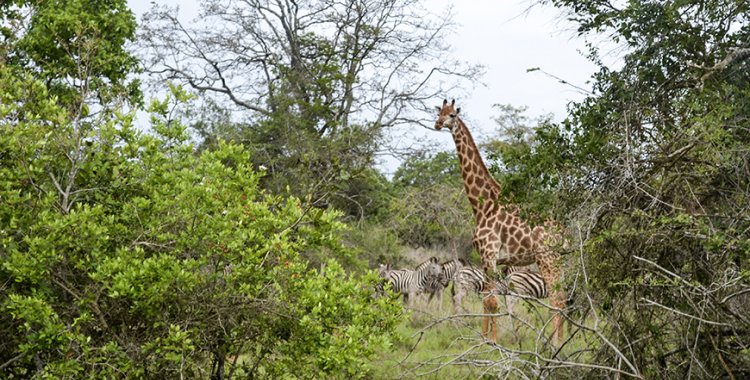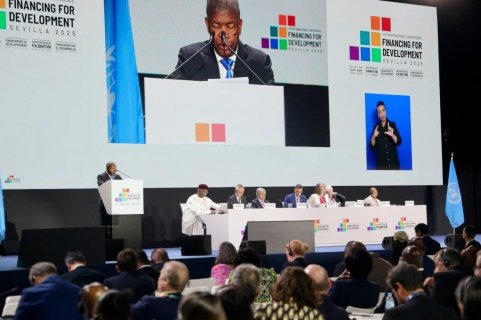The law amending the law on environmental conservation areas, which allows the exploitation of mineral resources, oil and gas, in partial nature reserves, special nature reserves and national parks, was approved by the parliament last week.
The Tchota Movement says in a statement that despite the constitutional duty of the state to protect the environment and ensure the rational exploitation of resources, "in practice we see the inefficiency of state institutions" in several areas.
According to the national platform, which advocates for economic justice for communities where natural resources are exploited, the state institutions "remain inefficient" in the practical monitoring of laws, public investment and sustainable management of those areas.
The civil society and religious organizations say that in the last ten years the state has made little public and private investment in the field of environmental protection, including solid waste.
"This finding is visible when we analyze the General State Budget (OGE) 2008-2021, in which the item Protection of Biodiversity and Landscape has been falling, both in absolute value and as a percentage of the budget," reads the statement.
For Tchota, created in 2016, the budget drop for the sub-sector of biodiversity protection is configured "in a disinterest" of the State to invest in environmental protection.
The organizations believe that this amendment to the law "will not bring about the changes that are intended in terms of ensuring the sustainability of natural resources" existing in the national territory and recommend to the Government and the National Assembly "to start a process to revoke the changes.
"It is well known that the years 2008-2013 the country recorded economic growth resulting from oil exploration, but the levels of poverty in the exploration areas, and beyond, continue," they state.
According to Tchota, "we must learn from the lessons of the past in order to build a better future for successive generations.
The movement also calls for rethinking the concept of sustainable development in the country, considering that "experience shows us that more revenue does not mean more attention to the most vulnerable, nor even an improvement in the Human Development Index.
The platform also believes that thinking about sustainable development "presupposes putting Angolans at the center of decision-making.
Hence, they point out, the State, through its institutions, "must continually work so that local communities, especially those affected by the exploitation of natural resources, can be involved in the process of consultation and consultation.
Tchota, who shows "total willingness to dialogue and cooperate" with the authorities, also recalls that the exploitation of natural resources in Angola has been going on since 1975 and recommends "more studies" on the impact of resource exploitation on the lives of Angolans.
The parliament approved in its entirety, on March 24, the law that changes the law of the environmental conservation areas, only with favorable votes from the MPLA, the ruling party. The opposition voted against considering that the initiative authorizes the "aggression to biodiversity".







